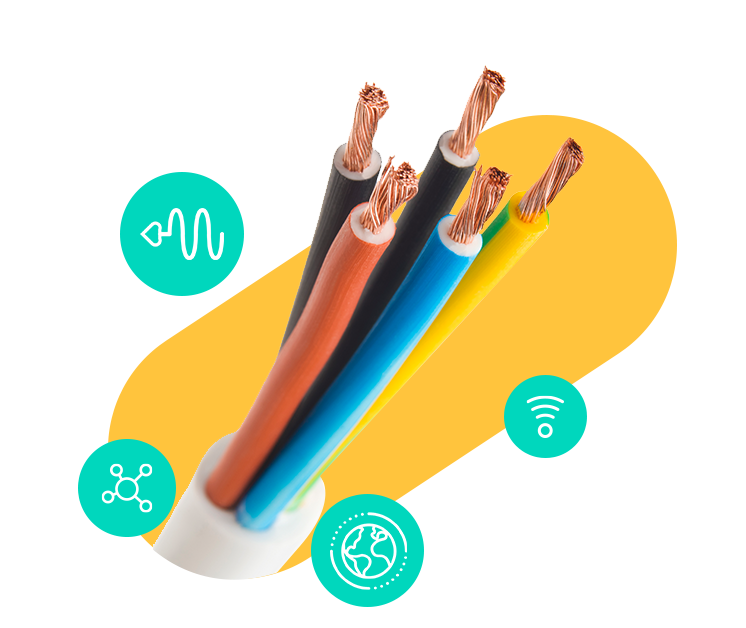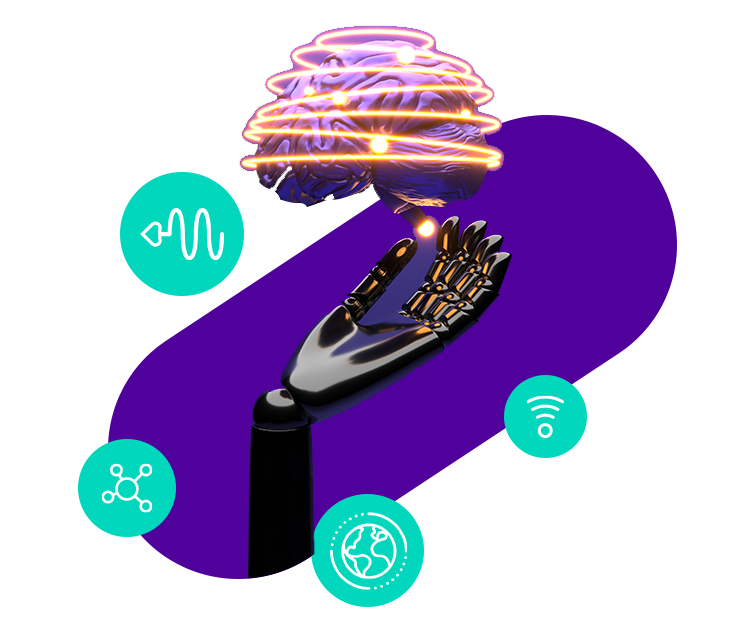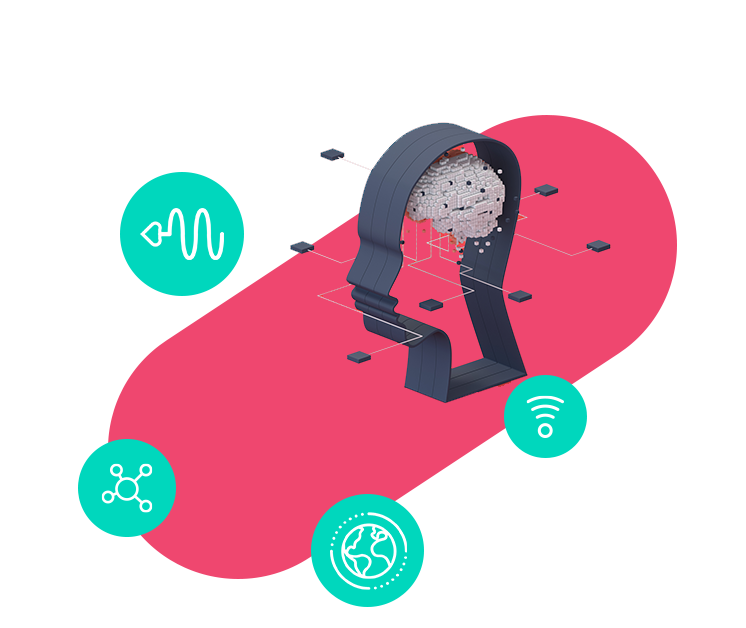IPv6 is an often talked about, but little understood phenomenon. In June 2012, the Internet Society held a World IPv6 awareness event in order to address the fact that IPv4 address exhaustion is a legitimate concern to some in the global technology community.
What is it?
Defined, IPv6 is the next-generation Internet Protocol (IP) standard that will supplement and eventually replace IPv4, the protocol the Internet runs on today.
How does it differ from the previous Protocol, IPv4?
Essentially it is just the same protocol, but with a much bigger address space. The biggest technical change moving from v4 to v6 is the lack of Network Address Translation (NAT) and private address ranges in v6 – so all v6 hosts will have to have a public address whatever they are.
What does this mean for customers who are using IPv4 today?
Everyone can keep their existing v4 address space, and it will still continue to work for many years to come. The two protocols will run side-by-side across the same devices, in the most part. However, after all the registries have run out of unused v4 space it will only be possible to get new addresses from private entities such as service providers or large enterprises that may have remaining spare availability.
You also need to bear in mind that getting IPv6 connectivity from your ISP is only a small part of it – eventually you must run IPv6 across your LAN and on all devices which connect to it.
Addresses are running out now and in the near future small islands of IPv6-only users will start to appear. If you don’t start moving over to v6 now you may be unable to communicate with customers who only have v6.
What could happen if we fail to implement IPv6?
Potentially, some users will simply be unable to get onto the Internet, but importantly, it may be very difficult for businesses to grow and develop in today’s digital based economy, if they cannot get hold of new address blocks and if new users cannot be added to the internet.
Also, if we don’t move over to v6 then we could see a new and expensive market for IP address space develop. When the current IPv4 space is fully exhausted, nothing will stop working, but new space will only be freed up when someone no longer needs it. We could then see digital ‘real estate’ becoming a rarer, more precious commodity which will make doing business a much greater challenge.
I have an IPVPN/IP Access – when and how soon do I need to change to IPv6?
You must start thinking about it now, but you need not fret about getting the changeover completed by a certain date. The transition will take some time, and will be a longer process than many realise. Saying that, the sooner you start this transition, the less painful it will be later on.
What are some of the benefits to IPv6 migration – is this a mandatory industry transition similar to the migration from analogue to digital in TV broadcasting?
It is mainly just a mandatory change, but in the longer term v6 will perform better than IPv4 and deliver some other fringe benefits such as IPSec integration and more straightforward any-to-any connectivity.
Most of the bigger content providers such as Google, Yahoo, and Facebook are very much behind this adoption, with some already making their content available via IPv6 today.
Want more information?
If you’re still unsure as to the way forward, Nicolas Fischbach, Colt’s director of Network Strategy & Architecture made several useful recommendations for CIOs on IPv6 which you may wish to adopt.
Recent articles
What's your goal today?

1. Connect to the Colt network
Our network directly connects 32,000+ buildings, with millions more through our extensive worldwide partners, powering global businesses with high bandwidth requirements. Find out if you're Colt connected now.

2. Learn more about digital infrastructure
We've worked with experts to build hundreds of guides, whitepapers and blogs across a range of technology & infrastructure topics, as well as videos, webinars & lightning talks. Find out more about them below.

3. Explore our customer success stories
We work with global businesses to deliver world-class connectivity solutions, with a range of available professional & managed services to help you get exactly the right fit for your business. Read more about some of our customers' success stories.

